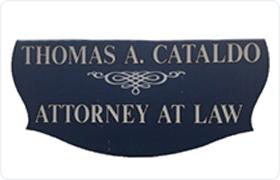Boonton Juvenile Law Lawyer, New Jersey
Sponsored Law Firm
-
 x
x

Click For More Info:
-
Thomas A. Cataldo, Attorney at Law
52 South Street Morristown, NJ 07960» view mapCriminal Defense Law Tip The Scales In Your Favor!
Thomas A. Cataldo, Attorney at Law has the legal experience you need at affordable rates that can't be beat.
800-834-4291
FREE CONSULTATION
CONTACTClifford J. Weininger
Juvenile Law, Municipal, Family Law, Criminal, Accident & Injury
Status: In Good Standing
Elizabeth J. Sher
Real Estate, Juvenile Law, Criminal, Business
Status: In Good Standing Licensed: 40 Years
Andrew Jason Blair
Family Law, Juvenile Law, Criminal, Personal Injury
Status: In Good Standing Licensed: 37 Years
Andrew Blair
Family Law, Juvenile Law, Criminal, Personal Injury
Status: In Good Standing Licensed: 37 Years
Lauren Marie Abbamonte
Juvenile Law, International Other, Wills & Probate, Pension & Benefits
Status: In Good Standing Licensed: 22 Years
Shawna Anne Brown
Traffic, Estate Planning, Juvenile Law, Corporate
Status: In Good Standing Licensed: 16 Years
FREE CONSULTATION
CONTACT Thomas Cataldo Morristown, NJ
Thomas Cataldo Morristown, NJ Practice AreasExpertise
Practice AreasExpertise
